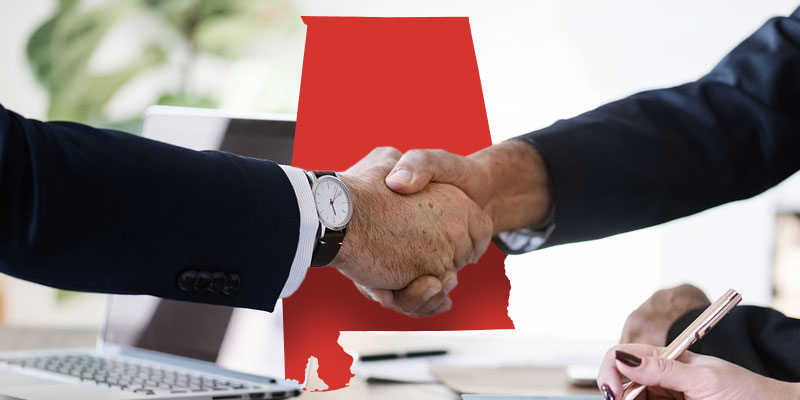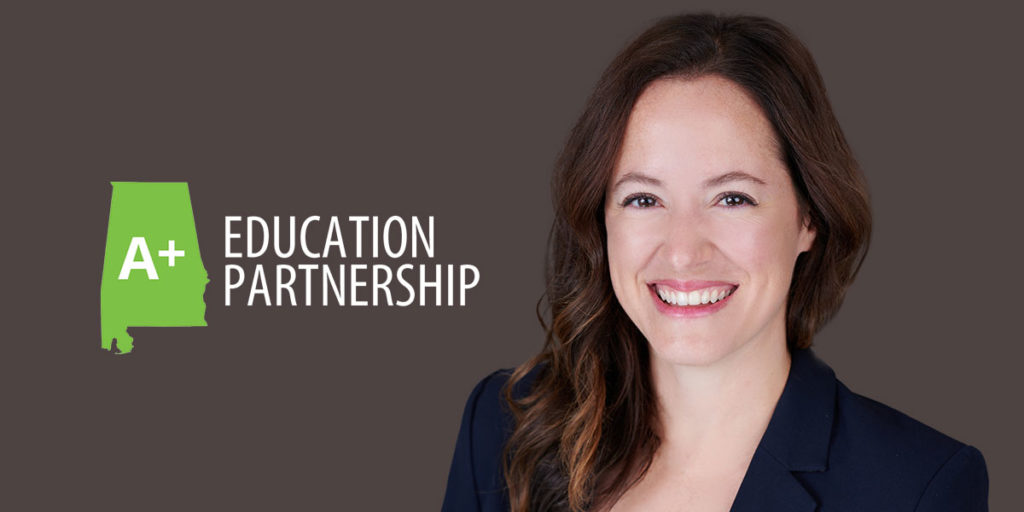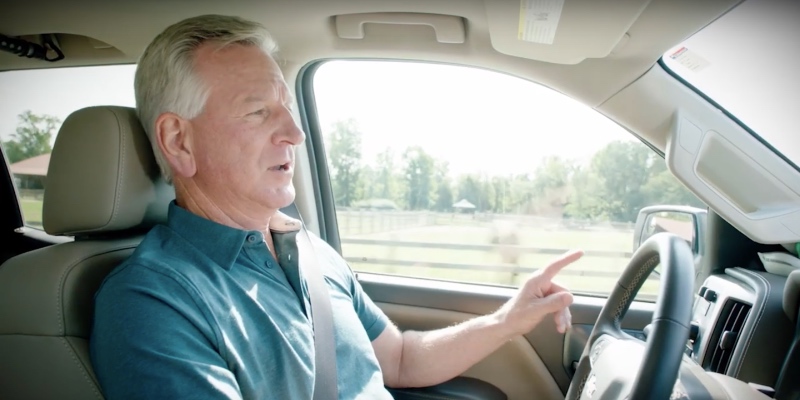A coronavirus outbreak in China has sparked fears of a global pandemic, as communicable diseases do not respect national borders. Governments use quarantines and isolation to limit such threats, measures which libertarians find objectionable. Property rights offer helpful guidance here.
The 2019 Novel Coronavirus appeared last year in China’s Hubei province. The new coronavirus originated in animals but is now being transmitted from person to person. At the beginning of this week, there were over 1,000 confirmed cases and 80 deaths. Researchers learn more about the virus every day, and Centers for Disease Control’s website provides updates.
History tells of numerous deadly pandemics. The Black Death killed an estimated 30-60% of Europe’s population between 1347 and 1351. Cholera outbreaks in 19th Century America caused the evacuation of cities. The 1918-1919 influenza outbreak killed 50 million persons worldwide, including over 600,000 Americans.
The current outbreak demonstrates our need for medical research capacity. With all the vaccines and wonder drugs now available, we might think that our health challenge is providing the available medicine to all Americans. But new diseases must be researched.
If we had no further need for research, an economic case could be made for making drug companies sell at their production cost. This would make drugs much more affordable. But the loss of profits on successful drugs would effectively end privately funded medical research.
The current outbreak also reminds us of the value of effective public health services, typically a task for government. China, for instance, is trying to restrict travel for over 50 million people. George Mason University economist Tyler Cowen recently suggested that libertarians must embrace the need for government capacity to act decisively when needed. I agree wholeheartedly; limited government should be effective. We should ask government to perform only important tasks we cannot do ourselves. We benefit from government being good at these tasks.
Quarantines and isolation seemingly protect the group at the expense of individuals, which troubles libertarians. Libertarians see individuals as morally valuable; individuals should not be sacrificed for the group. Quarantines and isolation restrict the freedom to protect oneself during a pandemic.
Property rights, I think, provide perspective. Economists frequently describe property rights as giving people an incentive to use their possessions productively. Property rights also provide a formula for making decisions in an orderly, peaceful society.
Property is frequently privately owned but can be jointly owned. Property owned by a government is often public, but privately-owned spaces can also be public, like shopping malls. A space becomes “public” when opened to everyone without specific permission. A person does not trespass when entering a public place.
Our society and economy require public spaces. We could not travel as we do or produce and trade goods and services without movement through public spaces. Property owners must willingly allow access to their property; owners can always refuse entry. Although we might consider travel a fundamental freedom, it must be limited by property rights.
The quarantine power comes from owners’ freedom to condition access to their property. Owners can restrict persons suspected of having a contagious illness from entering their property. Governments, which own many public spaces on our behalf, can also restrict access.
A quarantine option helps keep public spaces open. To see why, suppose no restrictions on access to space opened for public use were allowed. Very few public spaces would likely exist.
Should possibly exaggerated pandemic fears prompt travel restrictions? Travel restrictions during the 2002-2003 SARS outbreak cost Asian economies an estimated $40 billion. Unfortunately, we do not know in real time which pandemic scares will prove overblown. Furthermore, fears are real even when danger never materializes. We respect people when we respect their fears and concerns.
The openness of public spaces enables our prosperous society. Property rights help harmonize our various and sometimes divergent interests. Quarantines represent the exercise of property rights, not a sacrifice of individuals for the good of society.
Daniel Sutter is the Charles G. Koch Professor of Economics with the Manuel H. Johnson Center for Political Economy at Troy University and host of Econversations on TrojanVision. The opinions expressed in this column are the author’s and do not necessarily reflect the views of Troy University.













